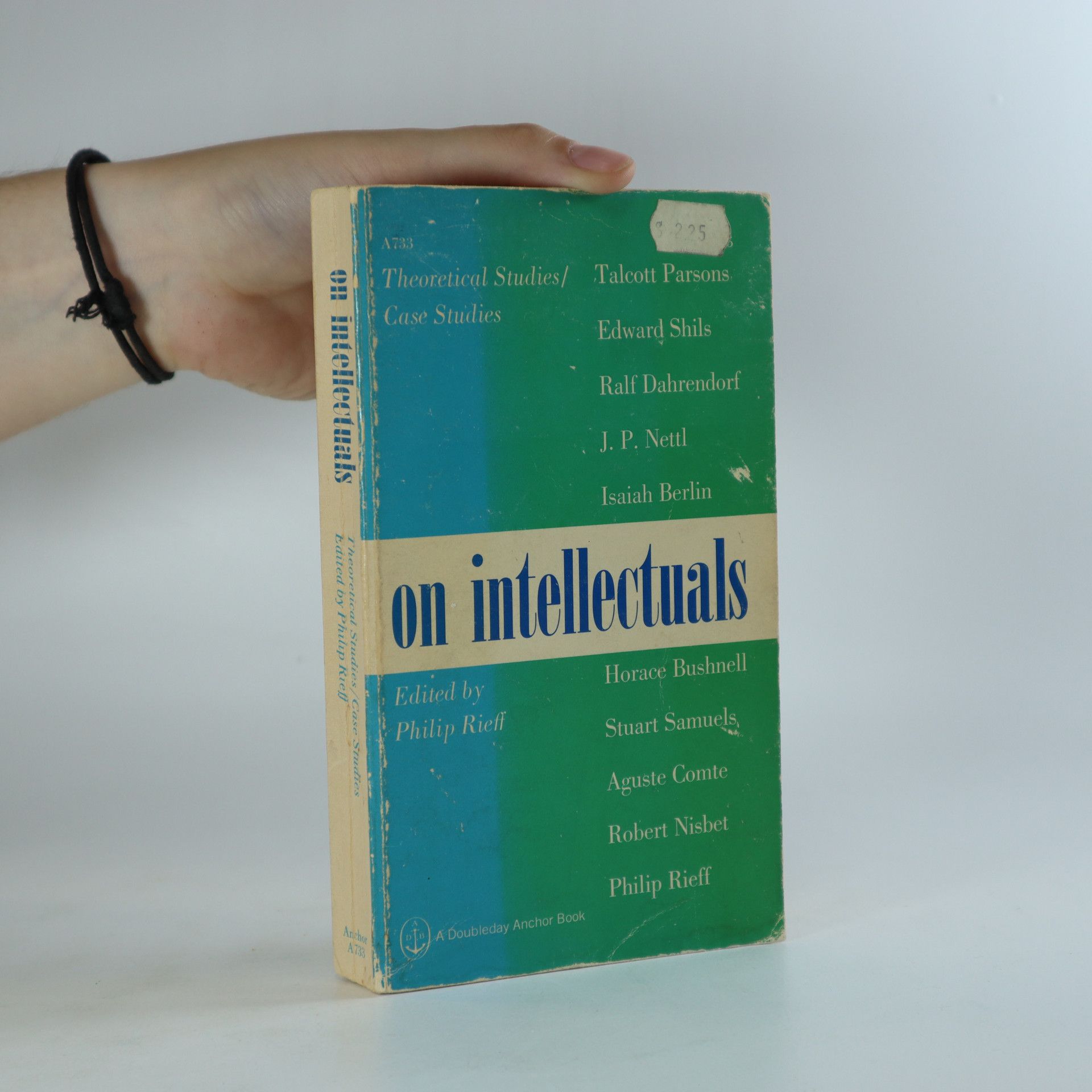The book presents a critical examination of the concept of charisma, tracing its evolution from a religious grace to a superficial celebrity status devoid of moral significance. Rieff argues that this shift has led to a cultural crisis where the absence of morality blurs the line between grace and evil. Through insightful interpretations of influential thinkers like Kierkegaard, Nietzsche, and Freud, he explores how their ideas contributed to a therapeutic culture that undermines faith and the recognition of the sacred.
Philip Rieff Livres




Now a classic, this book was hailed upon its original publication in 1959 as "An event to be acclaimed . . . a book of genuine brilliance on Freud's cultural importance . . . a permanently valuable contribution to the human sciences."—Alastair MacIntyre, Manchester Guardian"This remarkably subtle and substantial book, with its nicely ordered sequences of skilled dissections and refined appraisals, is one of those rare products of profound analytic thought. . . . The author weighs each major article of the psychoanalytic canon in the scales of his sensitive understanding, then gives a superbly balanced judgement."—Henry A. Murray, American Sociological Review"Rieff's tremendous scholarship and rich reflections fill his pages with memorable treasures."—Robert W. White, Scientific American"Philip Rieff's book is a brilliant and beautifully reasoned example of what Freud's influence has really an increasing intellectual vigilance about human nature. . . . What the analyst does for the patient—present the terms for his new choices as a human being—Mr. Rieff does in respect to the cultural significance of Freudianism. His style has the same closeness, the same undertone of hypertense alertness. Again and again he makes brilliant points."—Alfred Kazin, The Reporter
Triumph of the Therapeutic
- 325pages
- 12 heures de lecture
Since its publication in 1966, The Triumph of the Therapeutic has been hailed as a work of genuine brilliance, one of those books whose insights uncannily anticipate cultural developments and whose richness of argumentation reorients entire fields of inquiry.